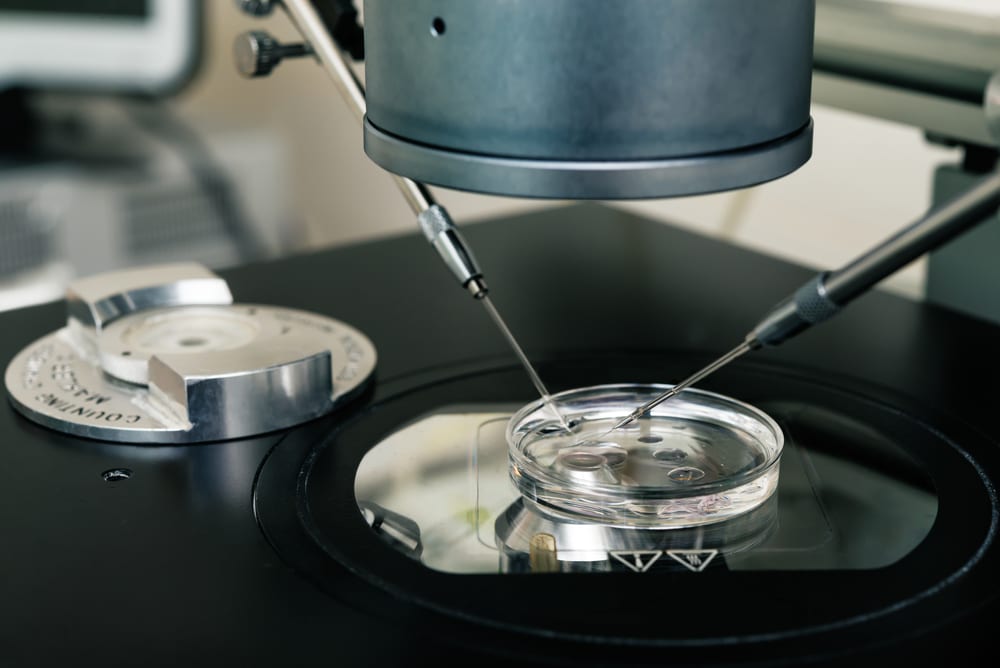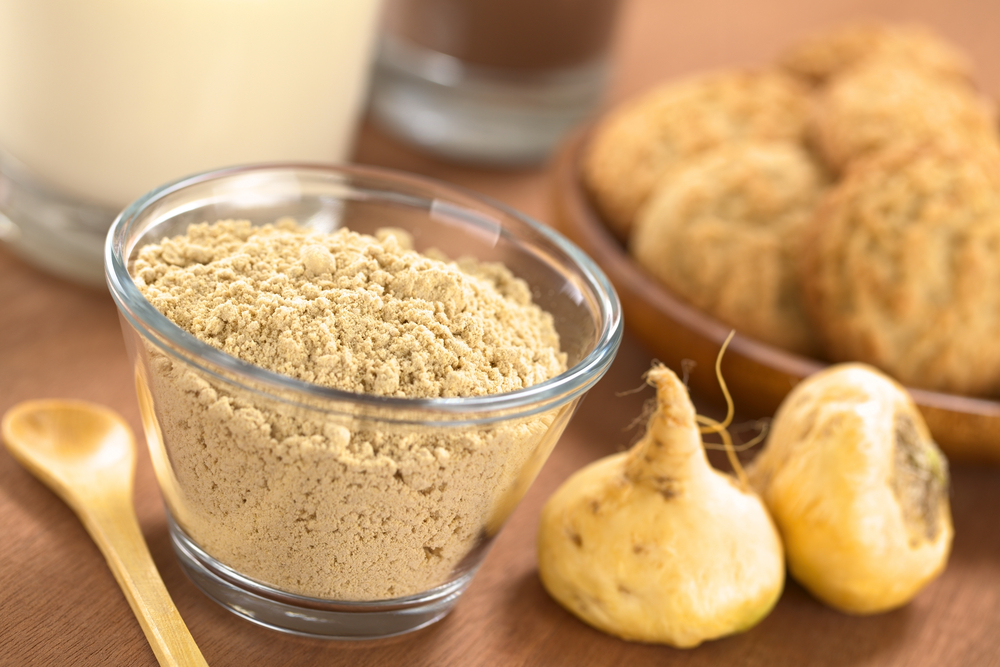Contents:
- Medical Video: In Vitro Fertilization (IVF)
- What is the process of IVF?
- Planting one embryo increases the chances of success of IVF
- Benefits of planting one embryo
- Should I plant a single embryo?
Medical Video: In Vitro Fertilization (IVF)
If you and your partner finally choose the way IVF to work for offspring, you certainly want the greatest chance of success. This is very reasonable, especially since IVF is not easy. So, you might worry when you have to plant a fertilized egg (called an embryo) into the womb. Because, you are faced with a choice: just plant one embryo or two embryos at once? Check out the following reviews to help you determine the best steps.
What is the process of IVF?
Before making a decision, you need to understand how IVF is done. In simple terms, IVF is done by combining the mother's egg cells and father's sperm cells with special tools in the laboratory. This process, called fertilization, produces an embryo. After fertilization is successfully performed, the doctor and experts in the laboratory will inject the embryo back into the mother's womb so that it can develop into a fetus and then the baby.
The number of embryos transferred into the mother's womb can vary, depending on the doctor's advice and the wishes of the partner himself. You can plant one to five embryos at once into the womb.
Planting one embryo increases the chances of success of IVF
During this time many people believe the more embryos are planted, the greater the chance of pregnancy. However, a recent study in the United Kingdom showed that just planting one embryo was safer than planting two or more embryos at once. According to the research that took place from 2009 to 2013, the chance of successful planting of two embryos was actually 27% smaller than one embryo.
The results of this study prove that the quality of the embryo is far more important than the quantity. The head of the research as well as the head of the Nurture Fertility IVF clinic, Dr. Nicholas Raine-Fenning explains that a woman's womb tends to focus on a weak embryo. This means that if you plant two embryos at once and one of them is weaker, the uterus will be preoccupied with a weak embryo. As a result, stronger embryo development is neglected. In fact, a weak embryo is actually a minimum chance of safety. Finally, these two embryos are in vain because the body is unable to maintain both at once. Whereas if you plant a single embryo, the uterus and body can support its growth more intensively.
This is why from now on governments in the UK appeal to medical personnel and prospective parents of IVF to transfer only one-to-one embryos, not many directly.
Benefits of planting one embryo
Prospective mothers who are trying to get pregnant over the age of 35 or who are worried about having a problematic pregnancy should consider the choice of a single embryo. Because the planting of many embryos may result in the pregnancy of twins. Pregnant twins are certainly at greater risk than pregnant with a baby. Those of you who have participated in a previous IVF program but who failed also should prioritize planting a single embryo. This choice can help your body focus on the greatest opportunity offered.
Should I plant a single embryo?
The success rate of IVF is not only determined by the number of embryos transferred. There are still other factors, namely the quality of sperm and egg cells, the health condition of prospective mothers, and failure during the embryo transfer process. So, the results of research in the UK are not necessarily valid for every woman who tries IVF programs.
In the end the choice falls in your hands. In addition to consulting with doctors, midwives, families, and partners, try to listen to your intuition or heart.












